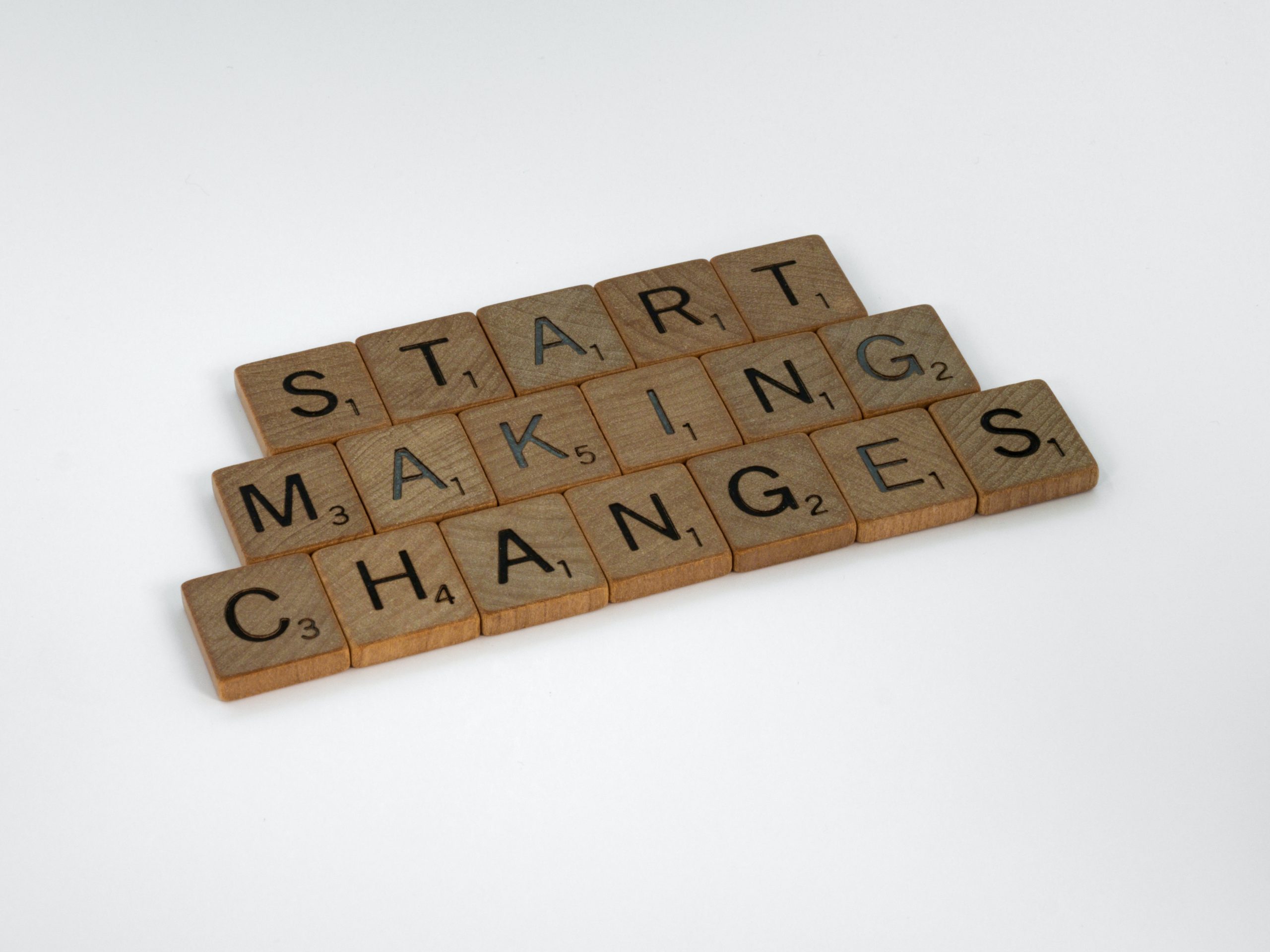If Not, Why Do So Many Do It?
This is the million-dollar question. And it actually may be. The amount of dollars lost by procrastinating is costing money and a lot of it.
Decisions have consequences.
Every decision we make every day comes with consequences. Some of those consequences may be good, some may not.
Every day of our lives is full of decisions. It’s like playing a non-stop game of “would you rather”.
Most everyone is familiar with this game in which the players are asked questions that compare two different scenarios and asked to choose which of the two they would rather do. These questions can vary from simple to complicated.
Would you rather…


- Spend a day in the Sahara Desert or Spend a day at the North Pole
- Have the ability to fly or Be invisible
- End hunger or End hatred
This game isn’t any different than everyday life. We are faced with choices every minute of every day. Some of these choices are small and simple, some are important and carry major consequences.
Would I rather…
- Eat this or Eat that
- Wear this or Wear that
- Drive this route or Drive that route
- Go in debt to buy a new car or Save money and drive something older
- Take this job that pays well but requires me to sacrifice my morals or Take that job that pays considerably less but allows me to be true to my principles
- Take the scary step to implement tools in my business that have the potential for success or Continue doing the comfortable things the way I always have with the potential for failure
This week I listened to a Ray Edwards podcast that asked the question, Why People Don’t Change. This comes back around to the question…

Why do people put off doing something that they know would help them be more successful?
Here are a few of the points that Ray makes:
- Change happens when the pain of not changing is greater than the difficulty of making the change.
- The fear of not changing is often overshadowed by immediate gratification, making it difficult for people to prioritize long-term consequences over short-term pleasure.
- To change, you need to make the future pain of not changing more real than the current pleasure.
- People don’t change unless they associate significant pain with not changing and take ownership of their ability to change.
- Enjoy the process of pushing yourself to achieve your goals, not just the end result.
Resistance to change is a real problem.

Just consider the situation of someone in an abusive relationship and their unwillingness or inability to make changes when they know that they need to. I’ve never been in a relationship like this, so I’m not claiming to understand this emotionally.
When it comes to business decisions though, I understand them and agree completely with Ray’s points.
Ultimately your business decisions are up to you.
You can continue to procrastinate until you either garner the courage to change…or until you go out of business. It’s up to you.
If you would like to change, we can help you with that. We have tools for the construction industry available in our Business BUILDing Toolbox. You can learn more about the tools and training here or you can schedule a free 30-minute construction company consultation to get your questions answered.





